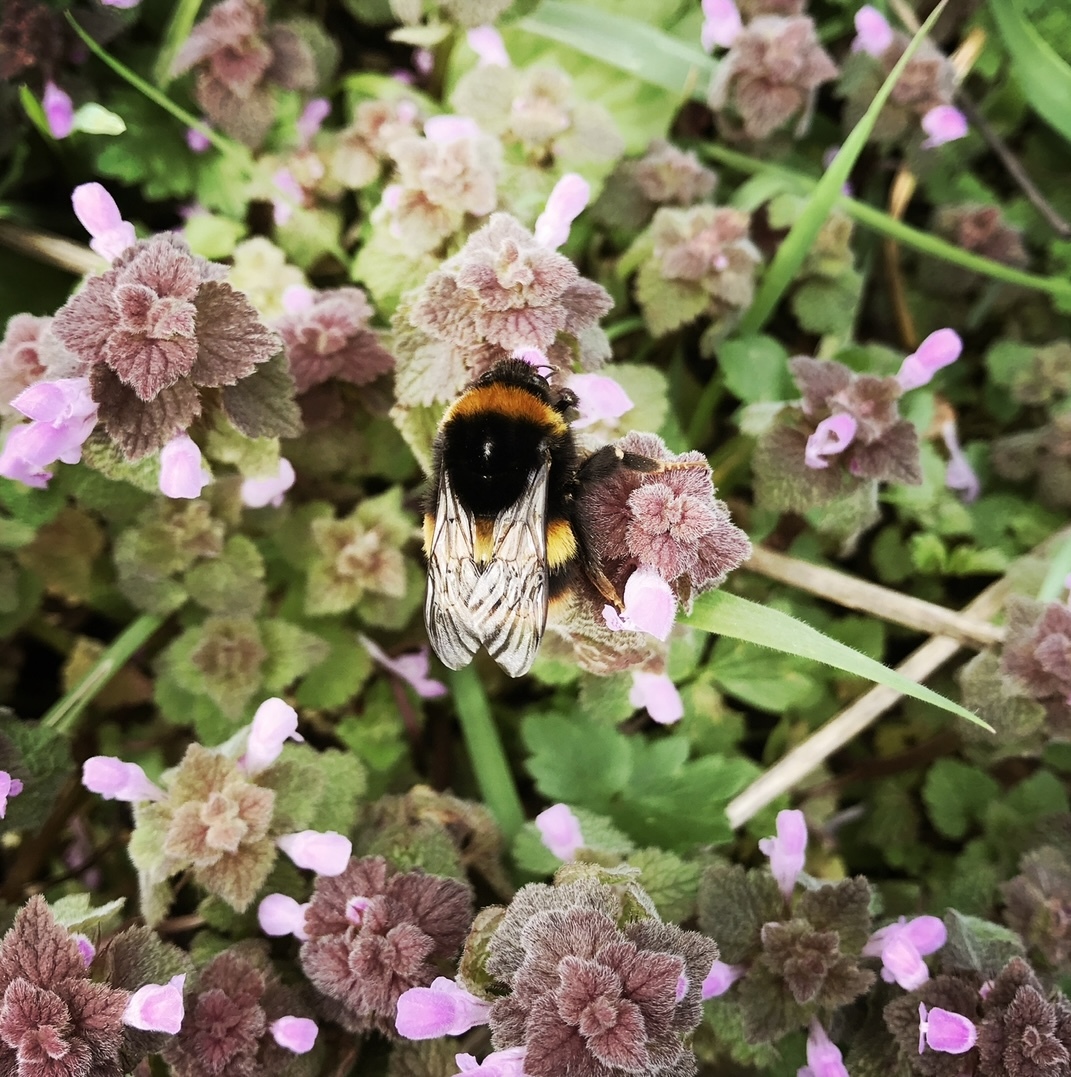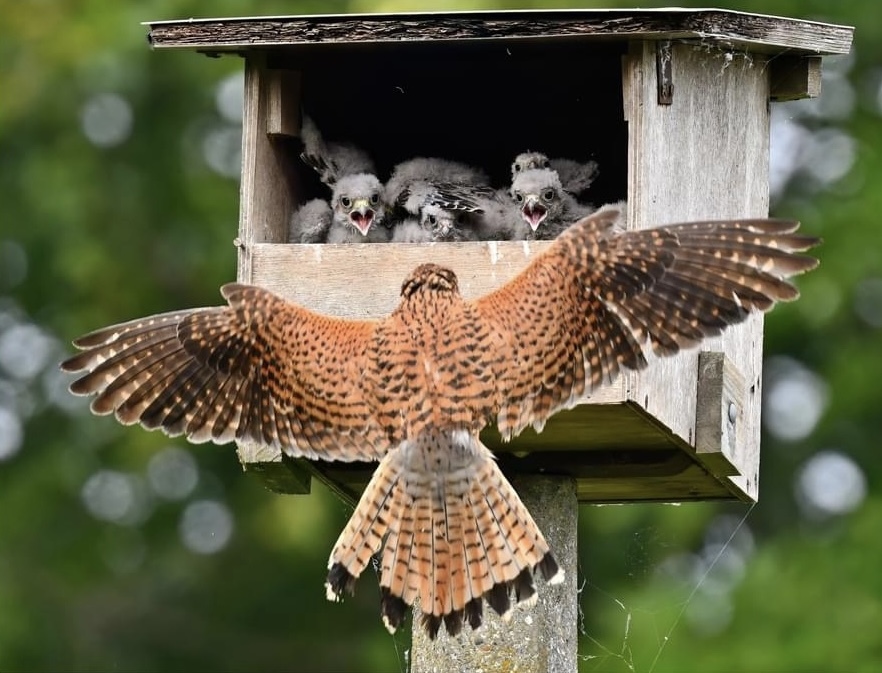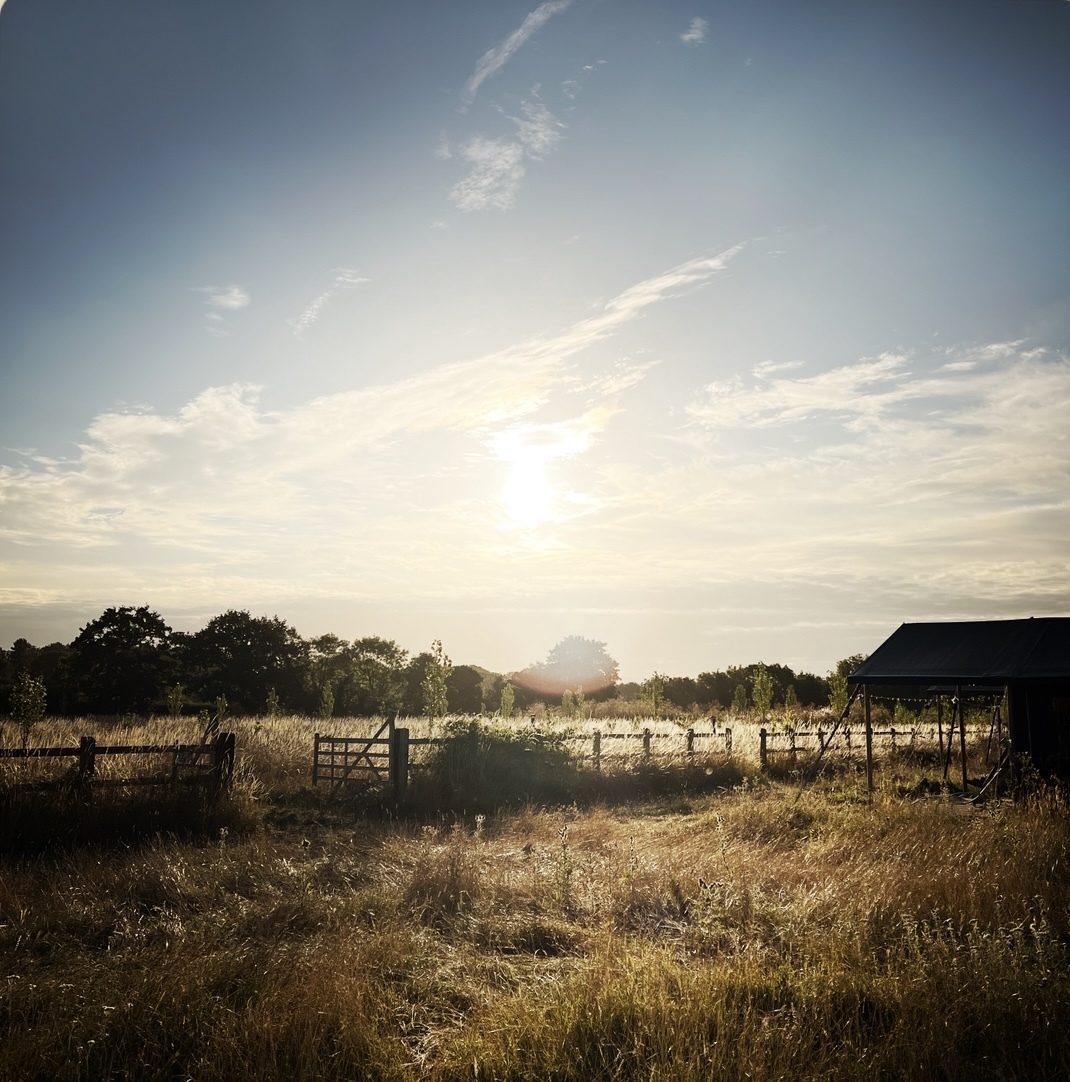To celebrate World Wildlife day, we are taking a look into what re-wilding means in the context of the UK landscape. With a focus this year on connecting people and planet, it's vital that we recognise and understand the connection we all share and the role and contribution of wildlife to both people and the planet, and how to rewild what we can and where we can.
Whilst many of our farms are food-producing businesses in various ways, Glastonbury Hill Farm in Somerset, has focused on rewilding their farm, where nature is given priority over production. According to Rewilding Britain, rewilding is 'the large-scale restoration of nature until it can take care of itself – and us – again. It’s about restoring nature’s remarkable web of life, including habitats, natural processes and, where appropriate, missing species.'

Planting
At Glastonbury Hill farm, grasses, thistles, nettles and other wild plants are left to grow to support all the insects, birds and animals that they provide food and habitat for. That ranges from butterflies and bees that feed in their flowers or lay eggs in their leaves, goldfinches that are sustained over winter by the thistle seeds or field voles that need undisturbed grassland to eat live in and nest. The circle of life continues as they then feed kestrels, barn owls and tawny owls. They've also planted thousands of indigenous trees which help to restore the balance of wildlife and ensure that British species thrive in their natural environment.

Restoring
A key part of rewilding is restoring natural processes, and the aim is to do this as naturally as possible. There are various factors that can contribute to which natural processes you aim to restore, such as seasons, any human interventions that can't be removed, scale, accessibility and crucially patience. At Glastonbury Hill, no chemicals are used around wildlife, so that molluscs aren’t affected and bees can gather nectar safely. There are also other ways you can restore natural processes, such as leaving deadwood in woodlands and where it falls, reducing grazing pressure, restoring rivers to their natural course and allow animals to mimic more natural grazing patterns by allowing them to wander freely.

Nature
Peter, our Feather Down host at Glastonbury Hill, says 'It’s amazing to see so many species come back in numbers when you leave nature be. Over the last century, 97% of meadow grassland in the UK has disappeared, so we wanted to create these habitats to encourage species to thrive and allow the wildlife to grow. Our guests to enjoy it too. Be a part of nature, not apart from nature!'
Future
World Wildlife Day should be a day to celebrate life on our amazing planet. But in the UK and around the world, nature is in crisis:
- Global wildlife population sizes have plummeted by an average of 69% since 1970.
- Here in the UK we’ve lost 70% of our ancient woodlands, our rivers are polluted and our wildflower meadows are almost gone. (WWF)
But with modern day technology and digital innovation, there are some great advancements to help connect people and planet, to ensure the survival and growth of natural habits and wildlife around the world. Here at Feather Down, we love the beauty and peace that nature and the countryside brings and will continue to champion this across the UK.
To find out more about World Wildlife Day, click here.
How Can You & Your Family Help Rewilding
Both children and adults can help with the mission of rewilding Britain in more ways than you may expect. Whilst holidays like ours here at Feather Down are a great way to get involved in learning more about nature and adapting to a more sustainable way of living, you can help at home too.
Rewilding may be as simple as planting wildflowers, native plants and trees, or even making a bug or bee hotel to support pollination. It could be buying specially grown organic produce, or helping schools and communities to adapt to some of these ways of living too. Even the simple act of educating others and ourselves about what rewilding really is can make a big impact on how we adopt it together on a larger scale.








